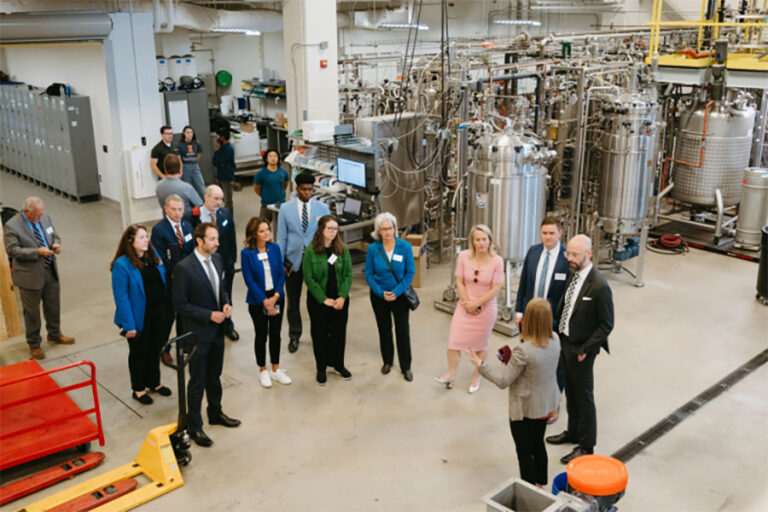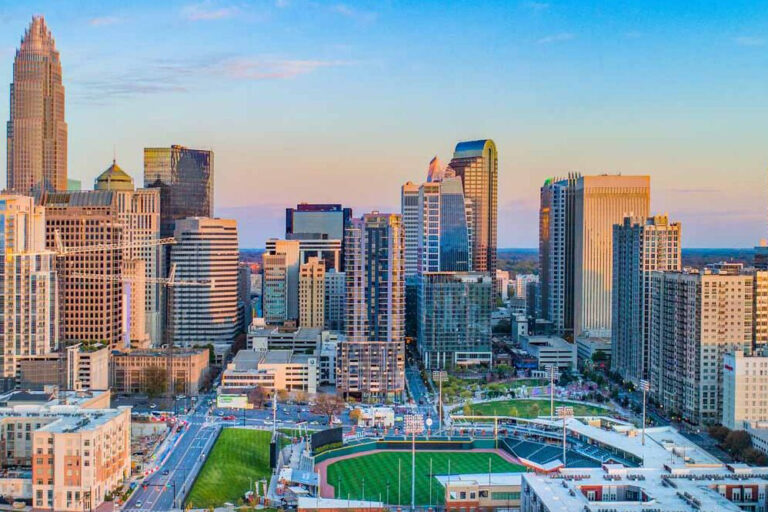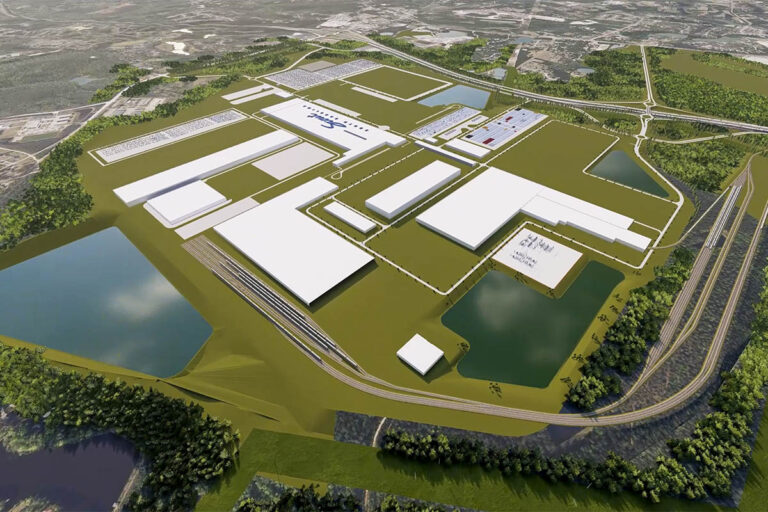Chief Technology and Digital Innovation Officer at the Barcelona City Council, Francesca Bria is a senior expert and advisor on digital strategy, technology and information policy. Buzz talks to Francesca about Barcelona City Council’s innovation policy, open technology, the Internet of Things and smart city philosophy.
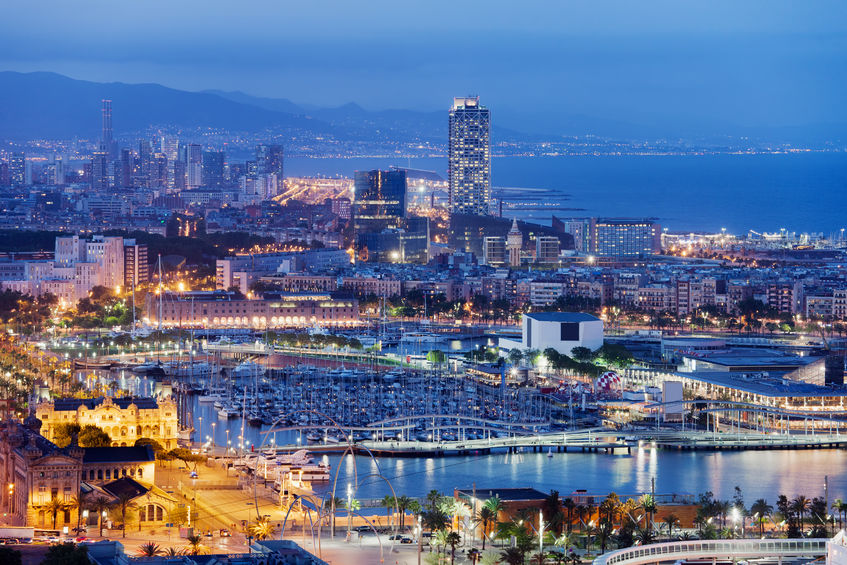
How important is the Mobile World Congress (WMC), the world’s largest gathering for the mobile industry, for the city of Barcelona?
Barcelona is a dynamic, open and international city. We have been working hard to make the MWC a year-long event through the World Mobile Capital Foundation and linking it with everything that is undertaken to foster innovation technology, research and science in the city. We have connected the WMC with the entrepreneurial ecosystem, with research centres and with industry to make sure that technology reaches our citizens.
How successful was Smart City Expo World Congress 2017 in Barcelona?
It was the most successful congress until now; there were over 700 cities participating, more than in the previous years. Cities are now much more involved in the Smart City concept as it is not just about technology. The implication is much greater as cities try to use technology in sustainable solutions to both urban and social challenges.
How is technology contributing to the development of Barcelona?
There are around 13,000 tech companies and the tech sector is increasing employment in the region. Barcelona is a very technological city in terms of infrastructure and tech hubs for research, innovation and the entrepreneurial ecosystem. It is important that the city goes beyond acting as only a lab for tech solutions. At the moment, we are integrating these solutions with what the city and citizens need. We are focusing on sustainable mobility, measures to tackle climate change, energy transition, the planning around affordable housing, and a participatory democracy.
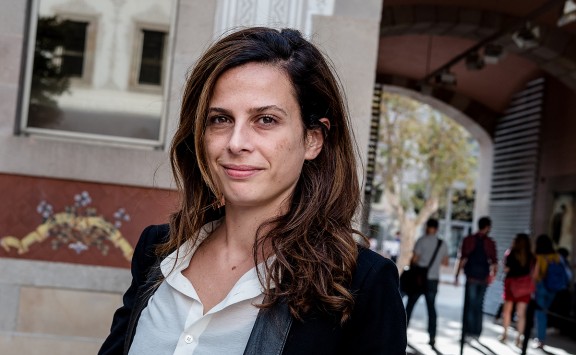
Which clusters are on your radar?
Some clusters are really innovative in Barcelona: medical science, data analytics and machine learning. We have a supercomputing centre here and an entire cluster around data and technology, which is feeding into the IoT and the smart city.
We also have the BCN Tech City cluster, that links the global talent of the start-up scene with local small companies—the main economic backbone of the country.
What challenges still exist in Barcelona for tech-based entrepreneurs?
It is very hard to compete with tech giants, in particular in the digital economy where we are seeing a new market power created from the platform economy and Artificial Intelligence. But this is not just a Barcelona issue. The whole of Europe needs to take back leadership in the Digital Age by emphasizing its value with smaller, but very specialized, companies with a lot of talent, and with better environmental, social and labor standards.
The Fourth Industrial Revolution and the digital world are changing the global economy and bringing new interesting opportunities, but also challenges.
Catalonia is very industrialized, and so to keep competitive, we not only have to digitalize, but also have to keep our main advantage vis-a-vis the transformation of the global economy. That is why we are working toward digitalizing the industry and creating strong local clusters.
Are residents benefiting from the city’s digital and tech services?
The Smart City approaches usually focus on technology first, and then social issues, but the current city government wants to revert this and transform the relationship between citizens and government. It wants to show that technology is just a small part of the plan. The objective is to make the government more collaborative, fight corruption, and make the relationship with government more transparent so that people know how it is operating and can be part of the decision-making process.
The idea is to integrate the collective intelligence of citizens into the way policy and decisions are made through an innovative digital participatory democracy. More than 40,000 citizens actively proposed topics for the government’s agenda and 72% of the proposals that are government-planned today came from citizens.
Our democracy platform, ‘Decidim Barcelona’, runs 11 participatory processes where citizens are actively involved in proposing policies on culture, urban and mobility planning, climate, new uses of space in our tech district, etc.
Tell us about your collaboration with SEAT’s Metropolis:Lab?
We need to rethink transport and mobility throughout the city to make it more sustainable, efficient and equitable. Mobility will change our lifestyle and the collective behaviour of our people. The city is therefore working with SEAT in the Metropolis Lab located in the Barcelona Tech City, to test AVs, 5G, and new applications for sustainable mobility and connected cars.
The Mobility Lab is a joint venture between the city of Barcelona, SEAT, and the start-up community in the city to address certain complex challenges. Collaboration can lead to innovative and sustainable solutions for the city.
What does Barcelona need to do to make sure it stays ahead of the game?
Barcelona is seen as one of the most advanced cities in experimenting with innovative policies. The city has to make sure we attract international talent to work in spaces like the Barcelona Tech City Cluster and the Poblenou Innovation district. We are able to connect the innovation ecosystem with talented research centres, public institutions and citizens in a unique way. It is about creating the science and research you need before going to the market, and testing at scale throughout the city. That’s why we created the Barcelona urban i-lab that positions Barcelona as a reference for this kind of experimentation. We are using innovative public procurement to buy innovative solutions using a digital marketplace shared with other cities like NYC and Amsterdam. Barcelona is still very competitive when it comes to making all of these different components work together.
Why do we not see many women in this sector, especially in public administration?
It is a sector very much dominated by men and I am working hard to strengthen the gender equality in technology and invest a lot in STEAM education, which is one of my favourite projects. Kids in Barcelona are taught early on how to program and use digital applications as well as work with science, technology and the arts. We also have a number of programs focused on tech for women and young girls.
Barcelona is an amazing city with a lot of talent and ambition in technology and digital. The current Mayor recognized the importance of including digital at the board and executive level and we try to link digital with the main policy agenda of the city.
I believe that one of the main challenges of the century is about rethinking technology to serve the people. You cannot have a digital revolution without a democratic revolution, and that is what we are trying to do in Barcelona![]()







